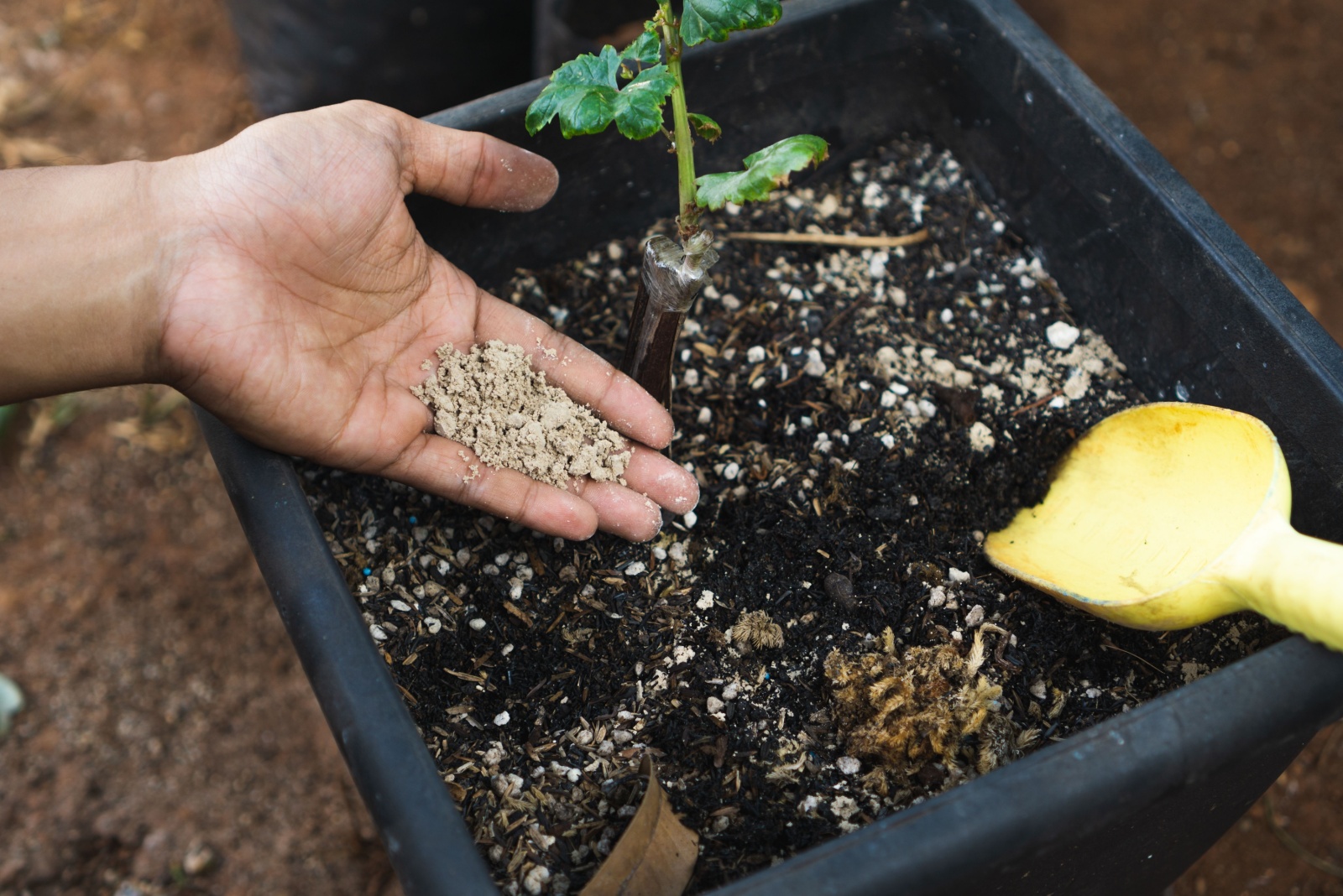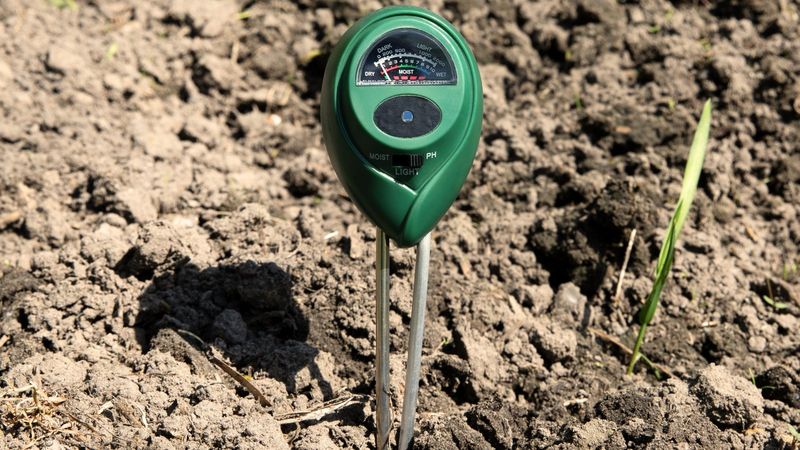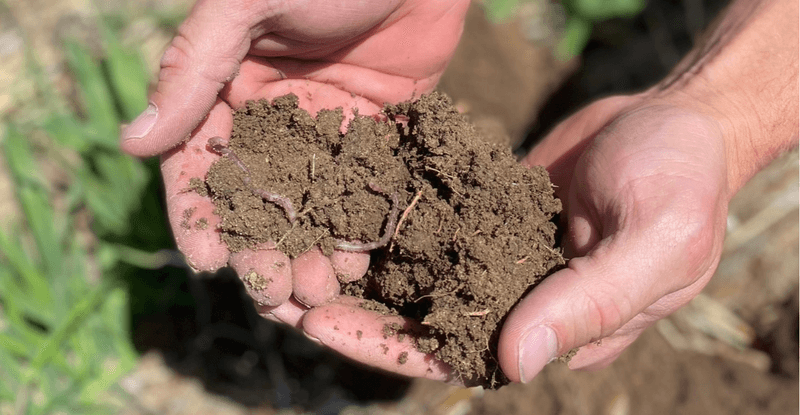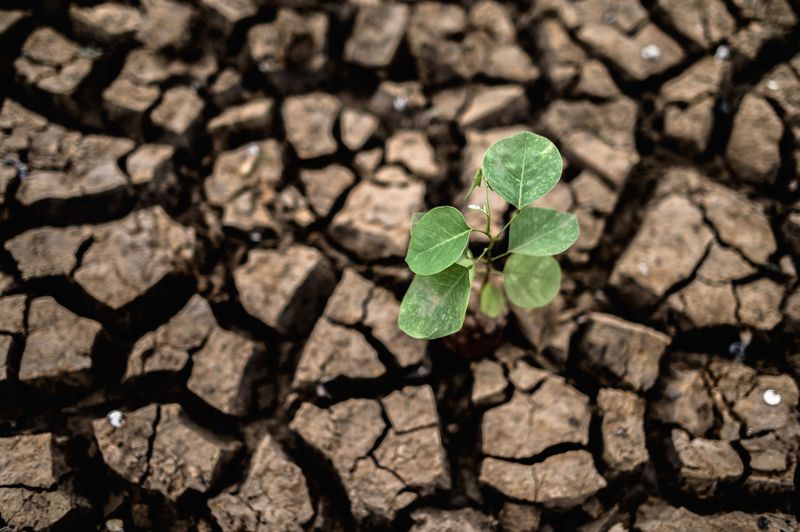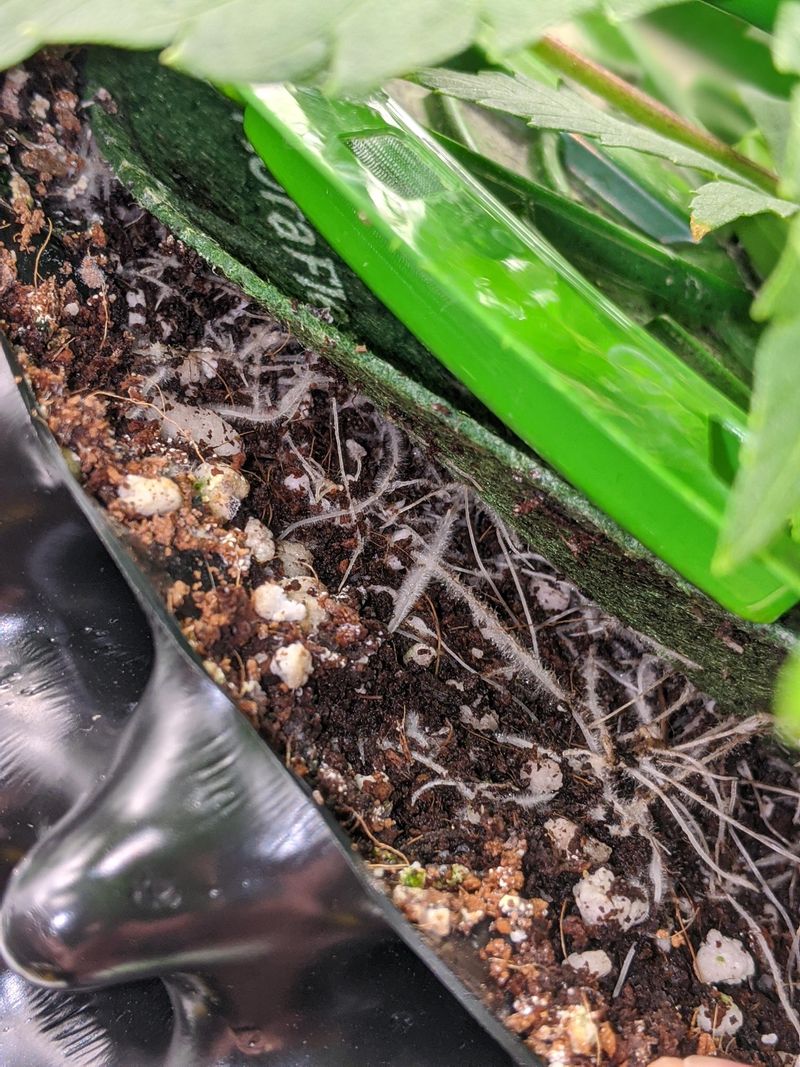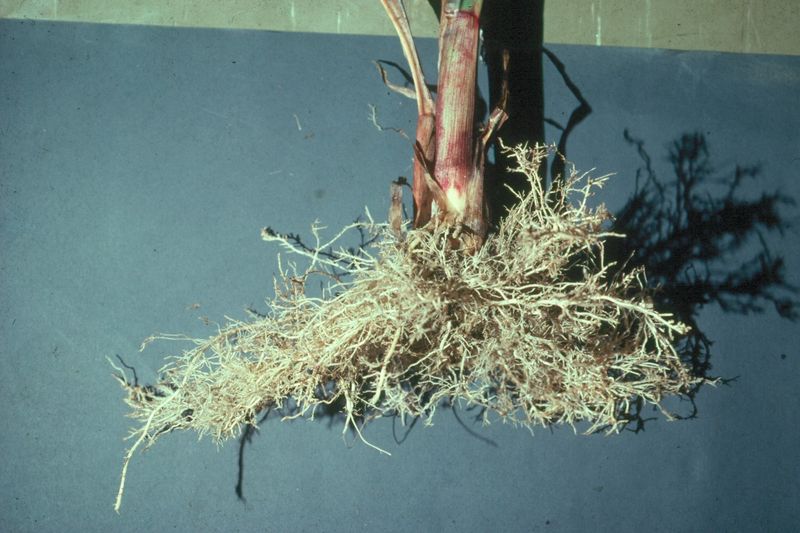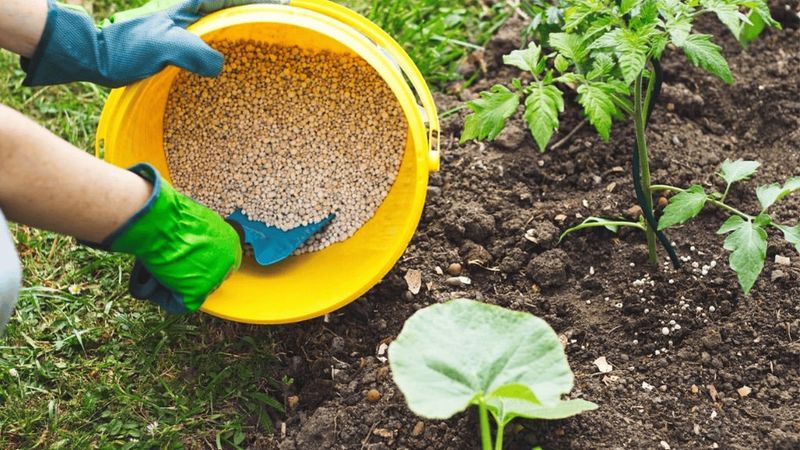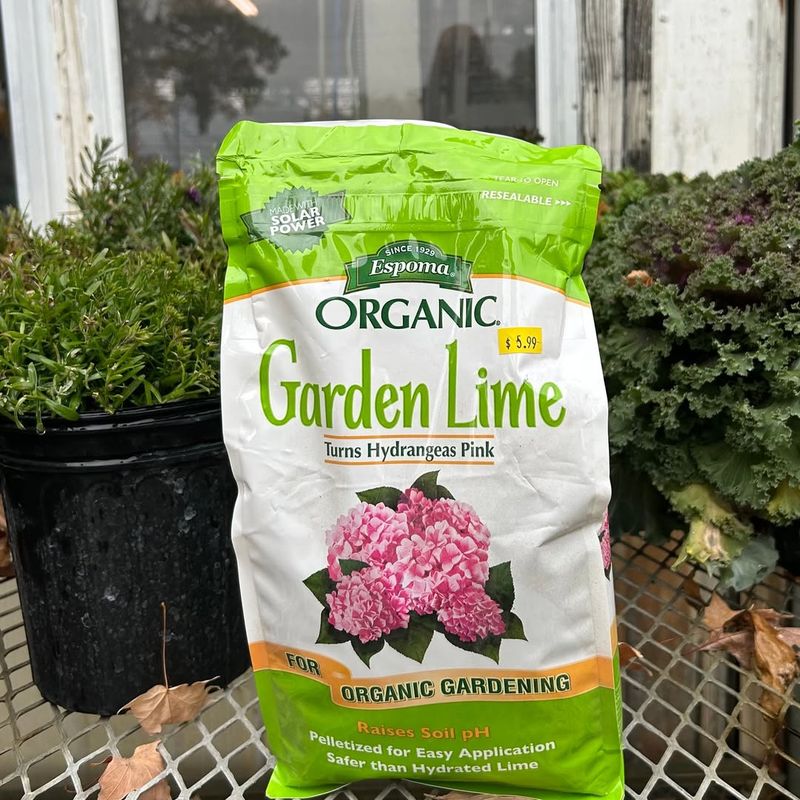Wisconsin winters can be brutal, and your garden soil needs all the help it can get to bounce back strong in spring.
Adding garden lime before the ground freezes is a time-tested trick that seasoned gardeners across the state swear by. This simple step helps balance your soil’s pH and sets the stage for healthier plants when warmer weather returns.
1. Balances Acidic Soil For Better Spring Growth
Most Wisconsin soils lean toward the acidic side, especially after years of rain and organic matter breakdown. Lime works by raising the pH level, creating a more neutral environment where vegetables and flowers thrive. When soil pH sits in the sweet spot, plants absorb nutrients more efficiently.
Applying lime in late fall gives it months to break down and blend into the soil. By the time spring planting season arrives, your garden beds will be ready to support strong root development and abundant growth throughout the growing season.
2. Unlocks Nutrients Already Hiding In Your Soil
Your soil might be loaded with nutrients, but if the pH is off, plants can’t access them. Lime acts like a key that unlocks nitrogen, phosphorus, and potassium trapped in acidic conditions. Wisconsin gardeners notice the difference when their tomatoes and peppers produce more fruit after lime application.
Think of it as getting more value from the fertilizer you’ve already added. Instead of feeding your plants more, you’re helping them use what’s already there. This saves money and reduces waste while boosting plant health naturally.
3. Improves Soil Structure For Easier Spring Tilling
Clay-heavy soils common throughout Wisconsin can turn rock-hard or stay waterlogged depending on the season. Lime helps clay particles clump together into larger aggregates, creating better drainage and air pockets. This transformation makes spring tilling much easier on your back and your tools.
Sandy soils benefit too, as lime helps them hold moisture and nutrients longer. Either way, you’ll notice your soil becomes more workable and crumbly. Gardens across Wisconsin become more productive when the soil texture improves naturally over winter months.
4. Supports Beneficial Microbes Through Cold Months
Soil isn’t just dirt—it’s a living ecosystem filled with helpful bacteria and fungi. These microscopic workers need the right pH to survive Wisconsin’s harsh winters and break down organic matter. Lime creates conditions where beneficial microbes can continue their important work even as temperatures drop.
Healthy microbial activity means faster decomposition of leaves, compost, and other organic materials you’ve added. When spring arrives, your soil will be richer and more fertile. Supporting these tiny helpers is one of the smartest moves any Wisconsin gardener can make.
5. Reduces Aluminum Toxicity In Problem Areas
Acidic soils can release aluminum into forms that harm plant roots, stunting growth and causing yellowing leaves. This problem shows up in many Wisconsin gardens, especially in areas with pine trees or where acid-loving plants once grew. Lime binds with aluminum, making it less available and less toxic to vegetables and flowers.
Plants develop stronger, healthier root systems when aluminum levels drop. You’ll see better growth and fewer mysterious plant problems. This protective effect lasts for several seasons, making lime application a worthwhile investment for troubled garden spots.
6. Maximizes Effectiveness Of Organic Fertilizers
Organic fertilizers like compost, manure, and bone meal work best in neutral to slightly alkaline conditions. When Wisconsin soil stays too acidic, these valuable amendments don’t break down properly or release their nutrients. Lime creates the ideal environment for organic matter to decompose and feed your plants effectively.
You’ll get more bang for your buck from every bag of compost or wheelbarrow of manure. The combination of lime and organic fertilizers builds long-term soil health rather than just feeding plants temporarily. Smart gardeners across the state use this partnership to their advantage.
7. Prevents Calcium And Magnesium Deficiencies Naturally
Garden lime isn’t just about pH—it also supplies essential calcium and magnesium that plants need for strong cell walls and chlorophyll production. Wisconsin soils often lack these nutrients, leading to blossom end rot in tomatoes and weak, spindly growth in many vegetables. Adding lime before winter ensures these minerals are available when plants need them most.
Calcium strengthens stems and helps plants resist stress, while magnesium keeps leaves green and photosynthesis running smoothly. This natural mineral boost supports healthier plants without synthetic chemicals or expensive supplements.

